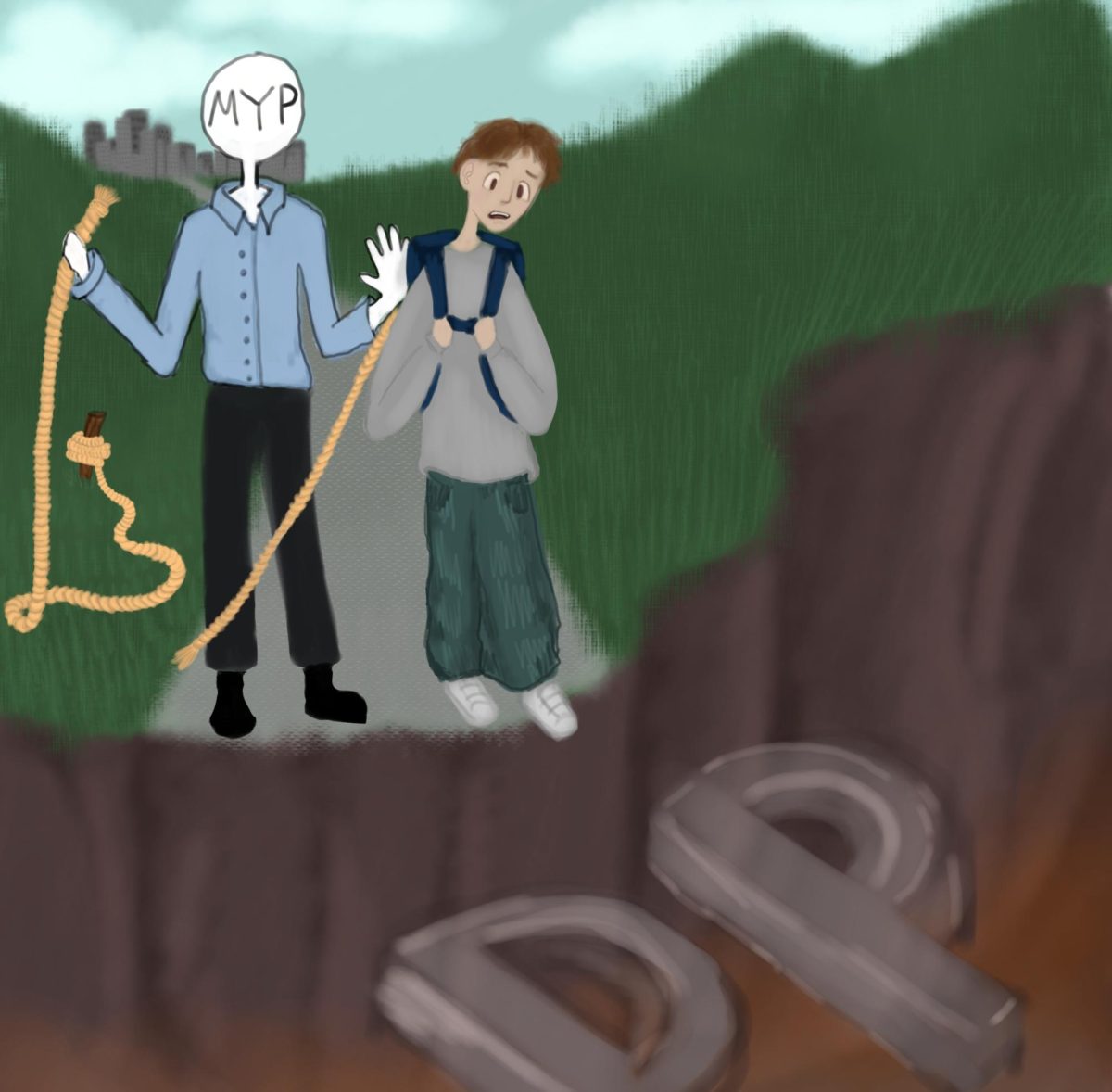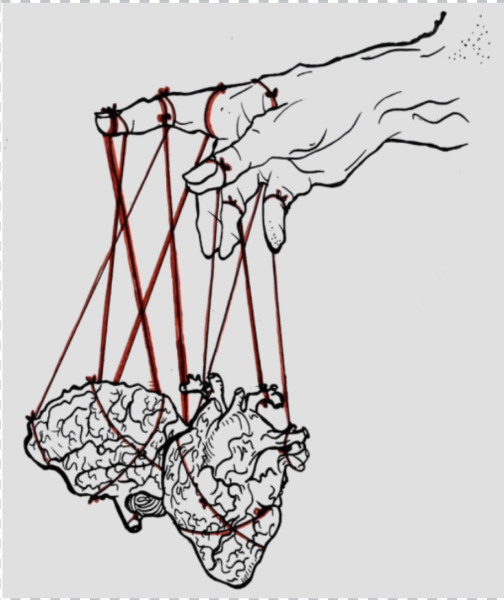As the second semester begins, it marks the start of a new academic phase, with Year 12s getting more accustomed to the Diploma Programme. Throughout the first semester, many students, including ourselves, noticed the differences between the MYP and DP. Of course, it’s known to be a big transition period, but we find it’s not just the workload, but the style of learning and assessment overall that has impacted us the most.
We find that the format of the ‘summative’ assessments is quite different in many classes, and the only ones that seem to be the same were Language A/B and maths assessments. For example, a very prominent change was having to write timed essays, which was given some practice in Years 10 and 11, but really not much. In our experiences, we had only done one ‘proper’ practice Paper 1 for English just last year in Year 11, however, we had longer to complete it than the official exam duration.
Nevertheless, essays in English are to be expected, but another change which we found hard to adapt to were the essays in the humanities subjects. Especially with the subjects being split into different topic areas, we feel there was not enough preparation done in the MYP for these courses. For example, not only had we never written a Global Politics essay in one hour, we had never written one at all in the MYP, and the same goes for history. Although we understand the DP is meant to go into more depth than the MYP, in previous years, many humanities assessments consisted of creative or research-based tasks, the skills from which seem to simply not be useful anymore. Therefore, that’s not to say we did not have practice during the first semester of DP1, however, prior preparation would have been helpful. Moreover, we found the time constraints for assessments, question styles, and overall format compared to the MYP, to be a big change that we didn’t quite expect.
Moving away from the topic of IB subject groups, the DP core (TOK, CAS, and EE) is also something that was, and continues to be, a challenge. As we haven‘t fully begun the Extended Essay yet, we don’t have much to say about it thus far. Furthermore, we don’t necessarily think the other aspects of the DP core are too difficult, they simply take a lot of time, which with the already increased workload, is difficult to manage. The CAS standards are much higher compared to the MYP, and require more work overall, with the need of more in-depth reflections and evidence. In terms of TOK, we found it challenging to adapt to the style of content since there was nothing like it in the MYP. It was the most philosophical course the IB has ever given us, and for some, this made it difficult to find interesting.
That’s not to say that all the changes going into the DP were purely negative. The freedom that comes with being a DP student is small yet significant. A new aspect of the DP many students look forward to, are the study periods. It gives us the opportunity to work on any assignments we might not have time to work on at home. We’ve found these periods to be very useful, especially in times of stress and chaos. Another aspect that many students enjoy in terms of freedom, is the ability to use your phone in the South Campus. During breaks, free periods, or between classes, DP students are allowed to take out their phones and use them. This gives us the freedom to check on whatever we need to without the worry of getting told off by a teacher.
Furthermore, all the ideas we’ve discussed have been both backed up and contradicted in a survey which we sent out to students in Year 12. When prompted about the style of assessments, more than half of the students said it was different from the MYP. They claimed that the formatting of the questions is different, the mark scheme is more strict, there’s more content to memorize, and it’s generally more challenging. Others mentioned that the assessments didn’t seem to change. In contrast, we also asked students about the DP Core, specifically TOK. When asked about the usefulness of it, more than half of the students answered that they didn’t find TOK valuable. The students repeatedly said they found it ‘boring’ and ‘annoying,’ and that even though the content is important and helpful, it wasn’t useful outside of class. On the other hand, the other students said they found it more practical, and that it ‘offers a new perspective on life.’ Generally, everyone has different opinions on the DP, and all of Year 12 has been affected by it in various ways.
The transition into the Diploma Programme has been a unique experience for everyone. From the style of assessments to student life, it has been both a positive and negative change for many. As we move forward into the second semester, this process may get easier, and as much as we hope it will, we also have to expect and be prepared for difficulties along the way.



